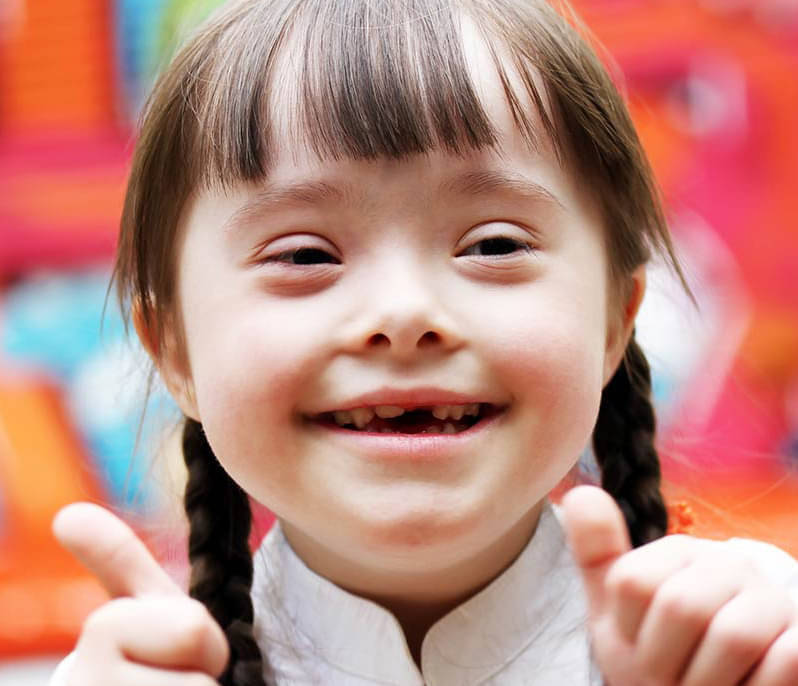

In these cases, the chromosome 21 pair fails to separate during the formation of an egg (or sperm) this is called " nondisjunction." When the egg with 2 copies of chromosome 21 unites with a normal sperm with one copy of chromosome 21 to form an embryo, the resulting embryo has 3 copies of chromosome 21 instead of the normal two.The extra chromosome is then copied in every cell of the baby's body, causing the features of Down syndrome. Most often, Down syndrome is caused by an extra chromosome 21 in all cells of the affected person. There are 3 possible genetic causes of Down syndrome: Although Alzheimer disease is usually a disorder that occurs in older adults, about half of adults with Down syndrome develop this condition by age 50. Īdults with Down syndrome have an increased risk of developing Alzheimer disease, a brain disorder that results in a gradual loss of memory, judgment, and ability to function. Children with Down syndrome may take longer than other children to reach their developmental milestones, but many of these milestones will eventually be met. Development of speech and language may also take longer than expected. Developmental delay may be related to the child's weak muscle tone. Ĭhildren with Down syndrome have developmental delay. They are often slow to turn over, sit, and stand. In addition, there is a higher incidence of pneumonia in children with Down syndrome than in the general population. People with Down syndrome may develop the following medical problems: Ĭhildren with Down syndrome are also more likely to develop chronic respiratory infections, middle ear infections, and recurrent tonsillitis. Table of Contents expand submenu for Table of Contents.


Preguntas Más Frecuentes Sobre los Trastornos Cromosómicos.Consejos Para Obtener Ayuda Financiera Para Una Enfermedad.Consejos Para una Condición no Diagnosticada.Como Encontrar un Especialista en su Enfermedad.Preguntas Más Frecuentes Sobre Enfermedades Raras.Guías de Información expand submenu for Guías de Información.En Español expand submenu for En Español.About GARD expand submenu for About GARD.Teachers and Students expand submenu for Teachers and Students.Researchers expand submenu for Researchers.Caring for Your Patient with a Rare Disease.Healthcare Professionals expand submenu for Healthcare Professionals.Patients, Families and Friends expand submenu for Patients, Families and Friends.Find Diseases By Category expand submenu for Find Diseases By Category.


 0 kommentar(er)
0 kommentar(er)
